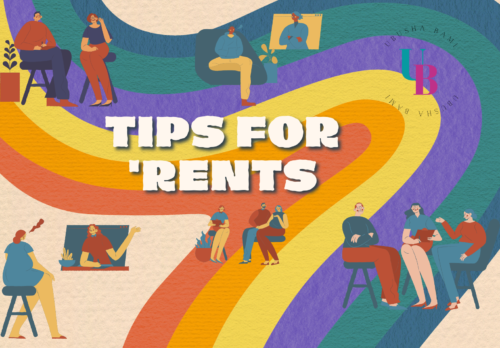
- It takes two to tango
It is a fit of rage and deep disappointment – teenage pregnancy. It is also understandable that you will put a lot of blame on your child especially if you are the parent of the pregnant girl. However, it is important to remember that she did not get pregnant on her own. Disclosure around how and with whom pregnancy occurred is important. Create an environment where your child can tell you what happened. This is important for two reasons primarily. First, it helps to establish whether there was consent or sexual violation. Be mindful of the age of your child. Secondly, you can hold the other party responsible and accountable. Young women carry a lot of stigma, shame and sacrifice when they fall pregnant. They may feel isolated and alone. It is important that they are supported during pregnancy especially since pregnancy during adolescent carries a lot of medical risk.
- Consent is important
Pregnancy in adolescence raises a lot of key questions especially around that of consent. In 2020 StatsSA reported that almost 1000 teen pregnancies during the year were in girls younger than 13 years. The consenting legal age in South Africa is 16 years. Poverty and other socio-economic ills have pushed a lot of young girls into transactional sex, and relationships with much older partners. The inequality in power and resources had meant that a lot of girls do not have the opportunity to negotiate condom use, and the terms of sex in these interactions. Violent sexual crime has also led to unplanned pregnancy. It is important to speak frankly and compassionately with your child about this so that the necessary legal action can take place promptly if indeed consent was not given. If you know of an adult or are an adult in a sexual relationship with a girl/boy younger than 16 years, note that statutory rape is a serious offense.
- Pregnancy is a health matter
Studies have found that teenage pregnancies is a high risk pregnancy due to its association with many medical complications for young girls. The body takes serious strain when pregnancy occurs. Mortality is always a risk both to the growing fetus and mother. The sooner pregnancy is detected, antenatal care should start. Unfortunately, because of the stigma of teen pregnancy a lot of young mothers wait until the late stages of pregnancy to present at a clinic or doctor. This means that whatever intervention may have been necessary early on, are significantly delayed which can have serious implications. If your child is pregnant or got someone pregnant, emphasize going for antenatal checkup as early as possible. The screening of STIs among other things, is incredibly important early in pregnancy.
- School is cool
One of the greatest disadvantages that teen moms have is that of not having the opportunity to return to school once pregnant. Although in South Africa and many other places it is illegal to prohibit someone from continuing with their education due to pregnancy, sometimes families are unwilling or unable to provide alternative means of childcare. There are many NGOs and government run programs that try to bridge this gap by providing childcare to young mothers so they can continue with schooling. This is an important form of support. It has been shown in studies that school is a good social buffer against the likelihood of additional pregnancies at a young age, and against the risk of generational poverty. Education has been shown to be effective in cutting the poverty cycle in many families. Support your child to return and stay in school.
- Transparent conversation isn’t moral decay
While we may assume that all children over the age of 12 years know how babies are made and where they come from, many of us would be surprised how many people have a distorted or misinformed idea. It is important to have an age-appropriate and factual conversation with your child about sexual and reproductive health and choices. This does not promote promiscuity but rather empowers. Communicate clearly and compassionately about choices and consequences of choices in the short, medium and long term. It is important that you alert your child, male or female, of the seriousness of pregnancy and the impact it has socially, mentally, financially and physically.